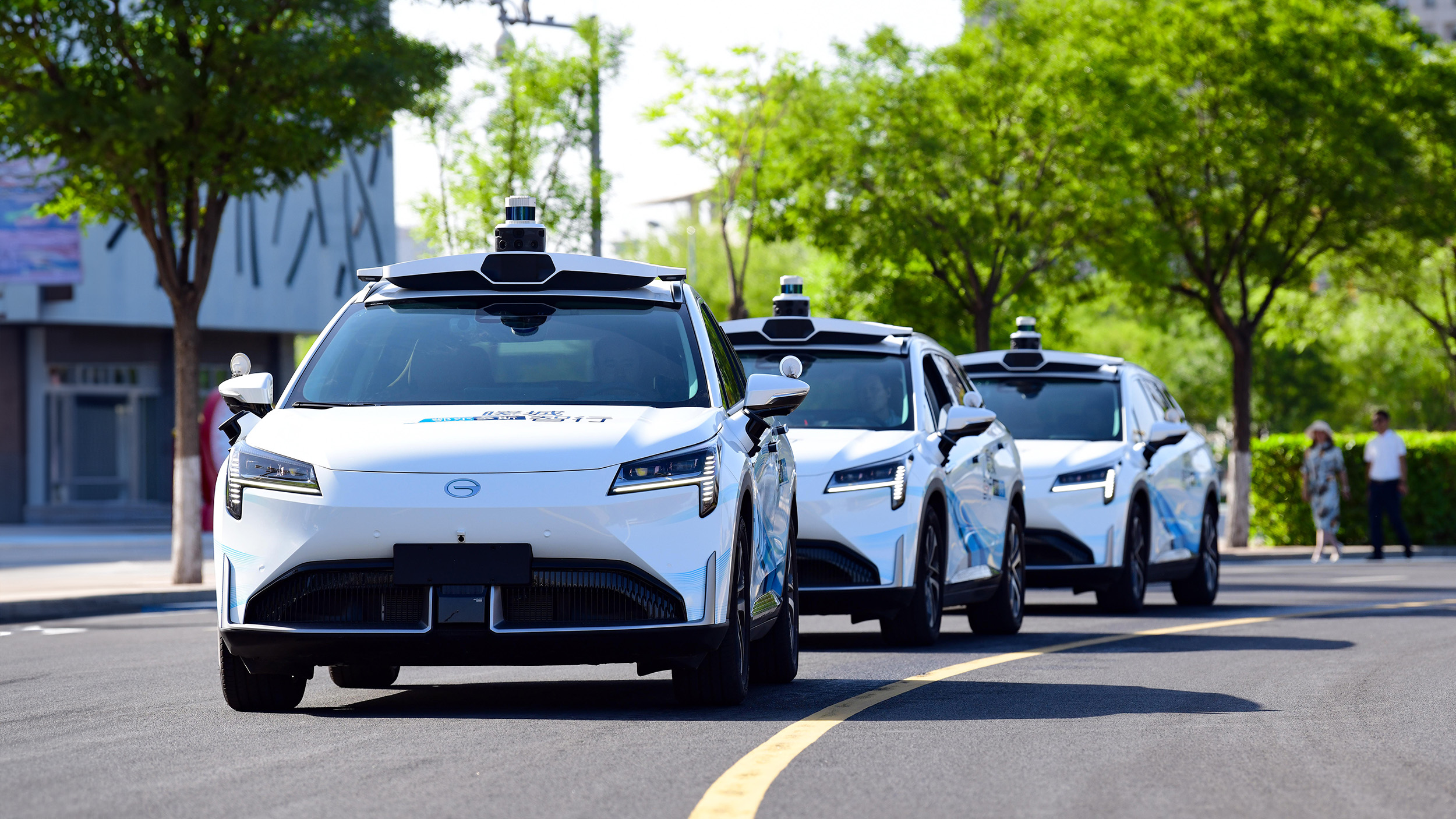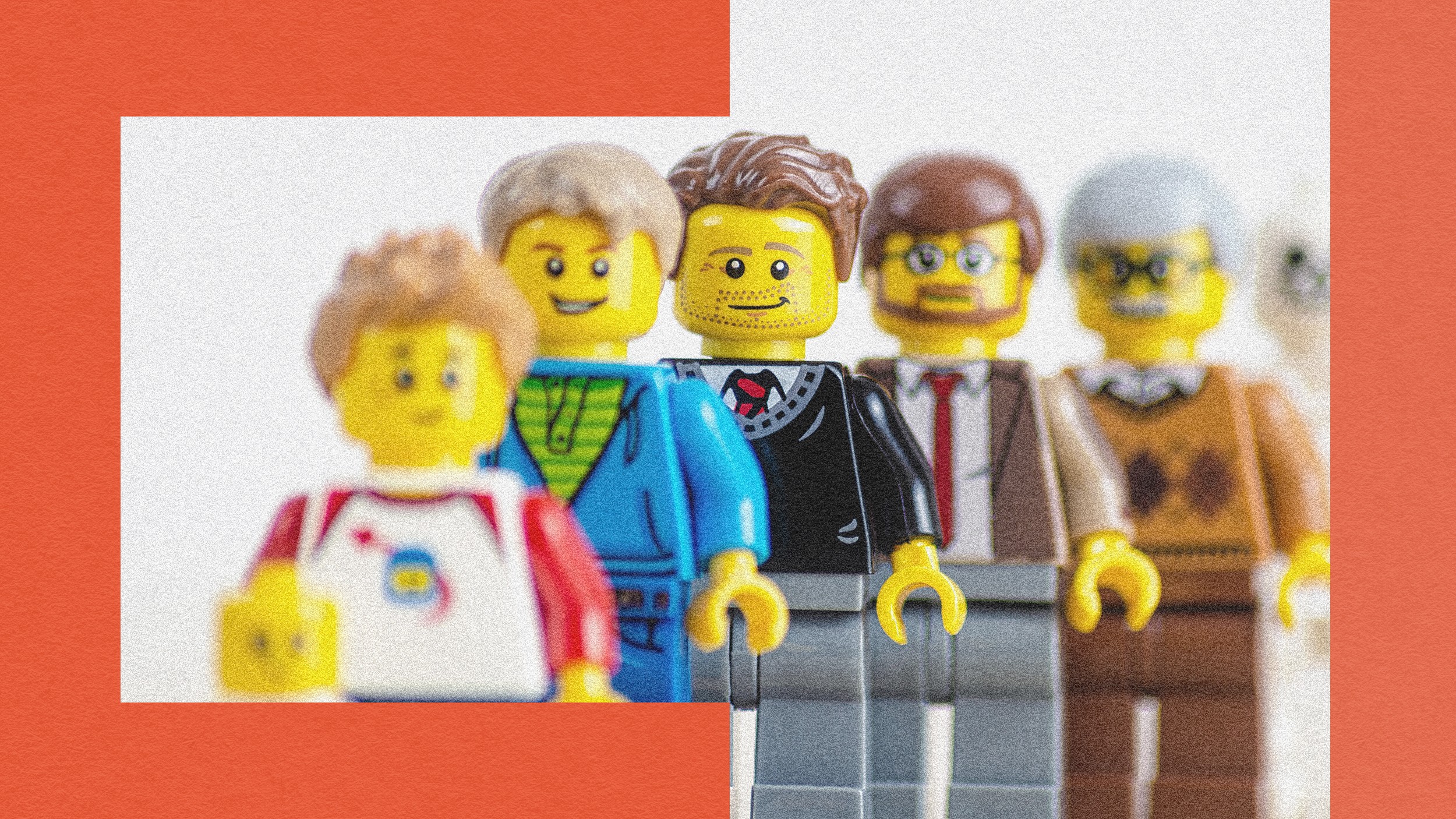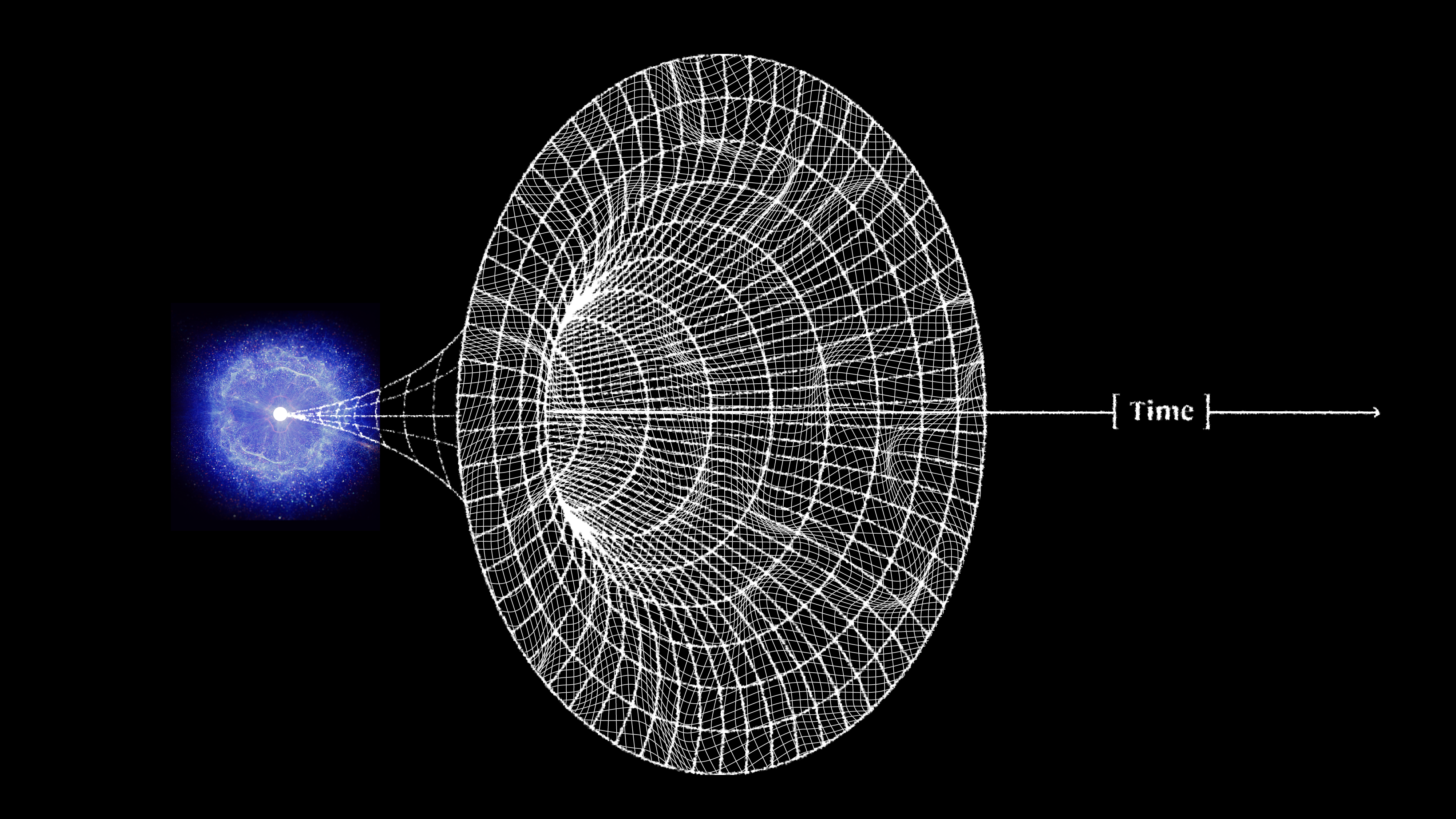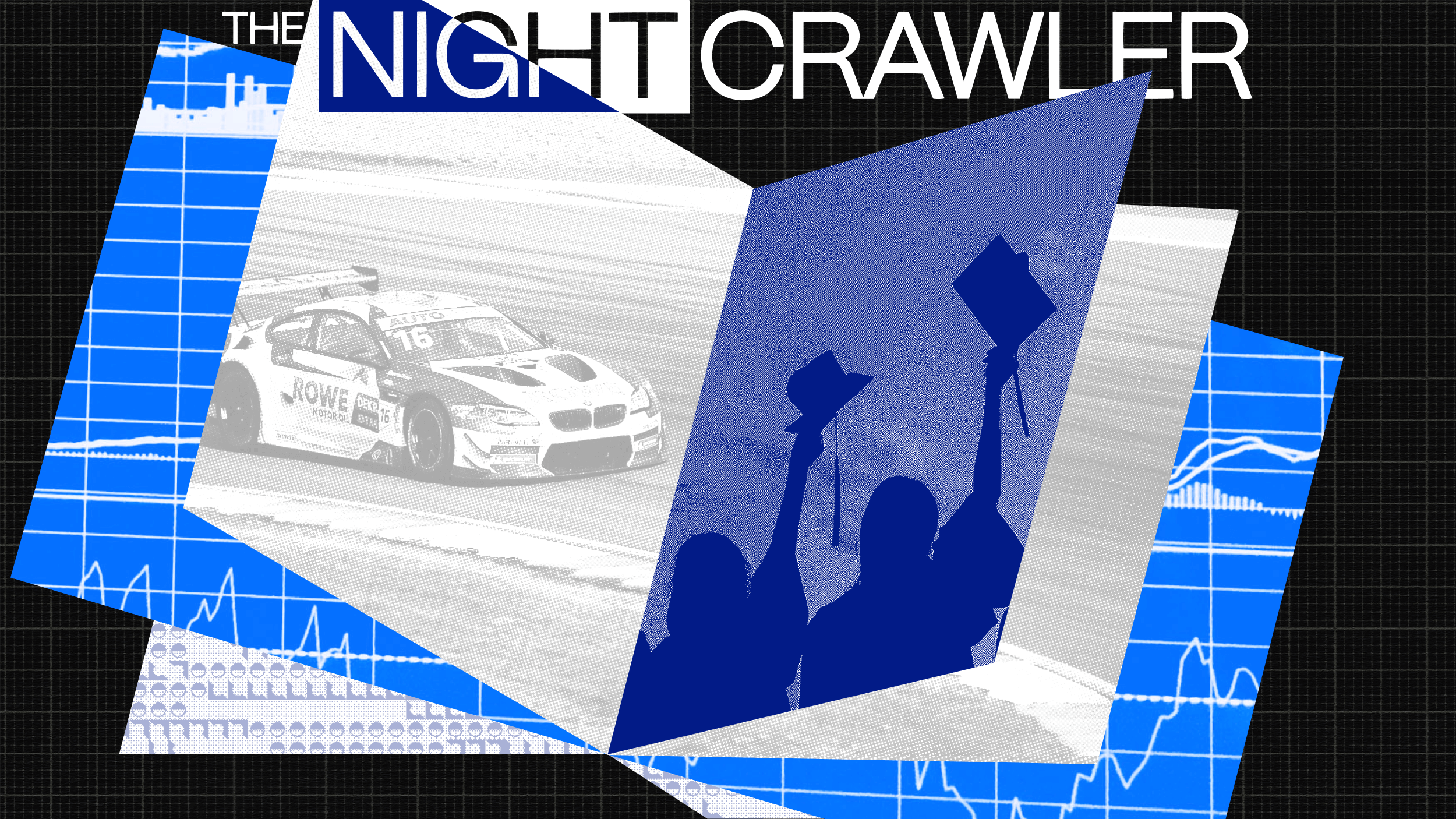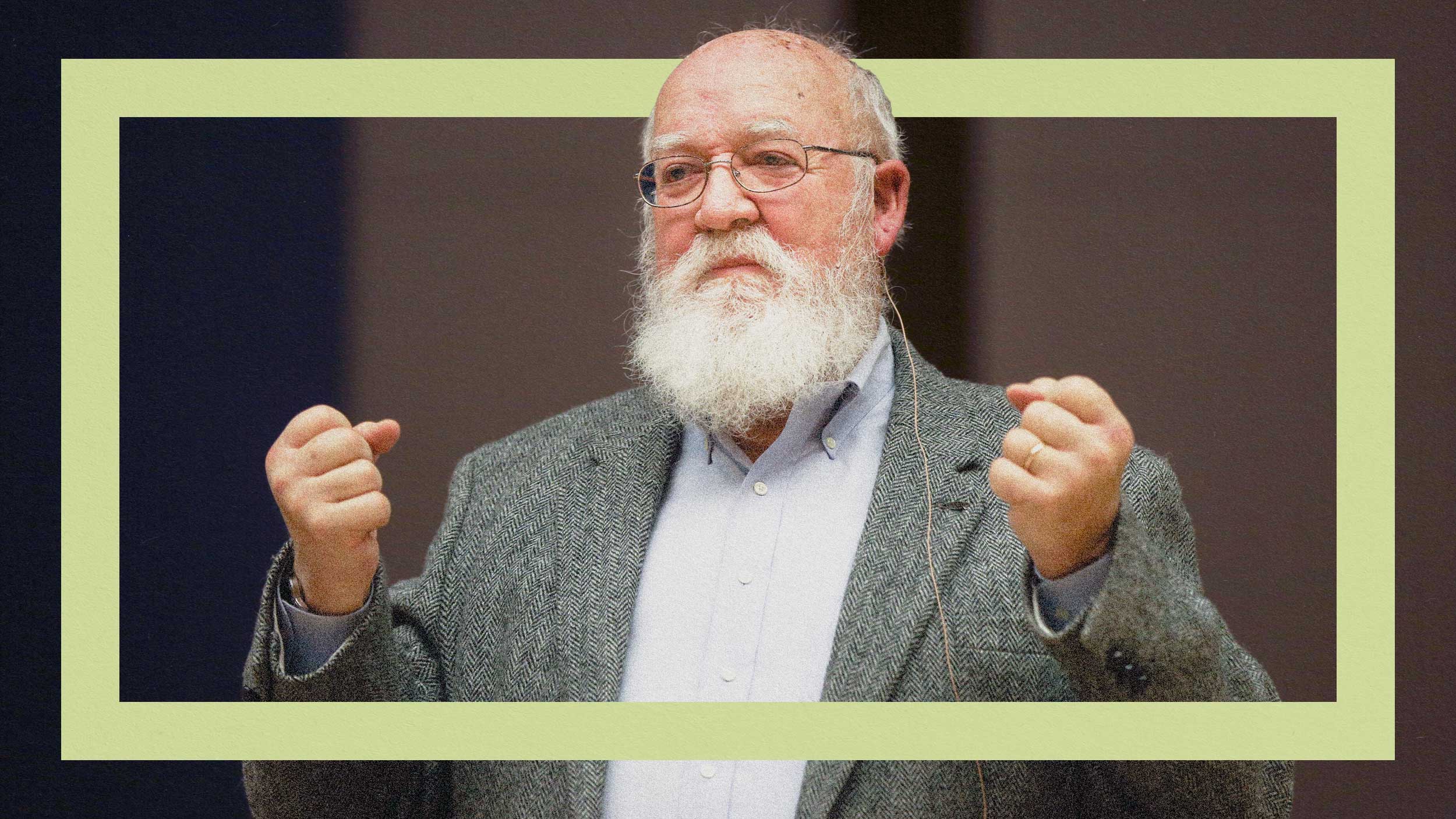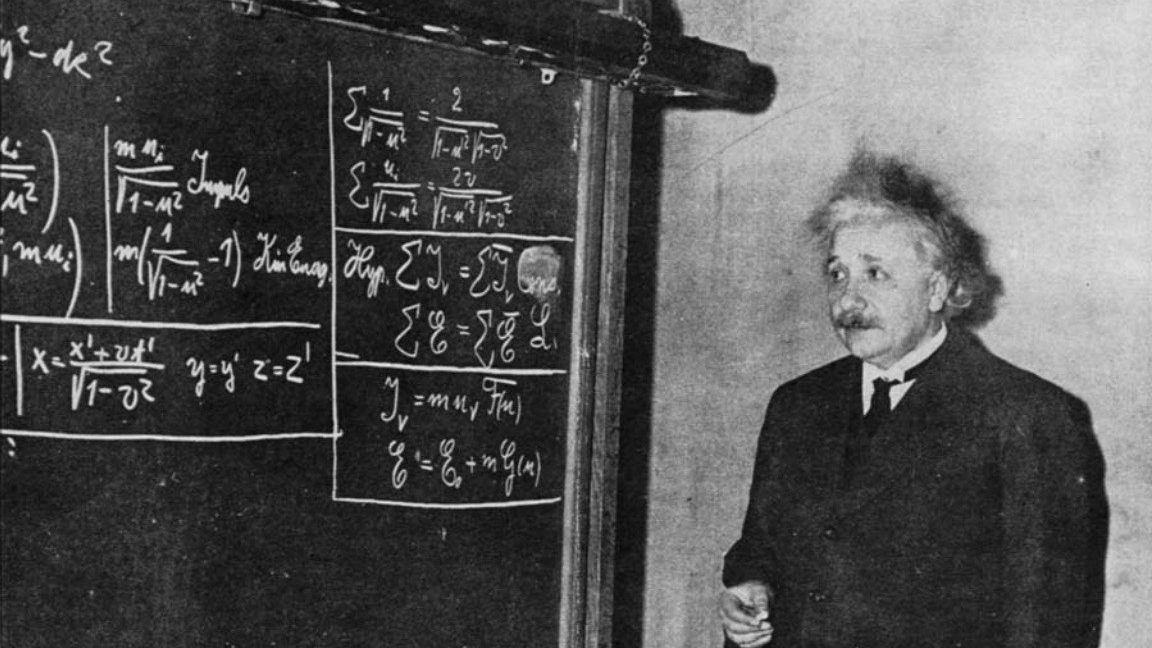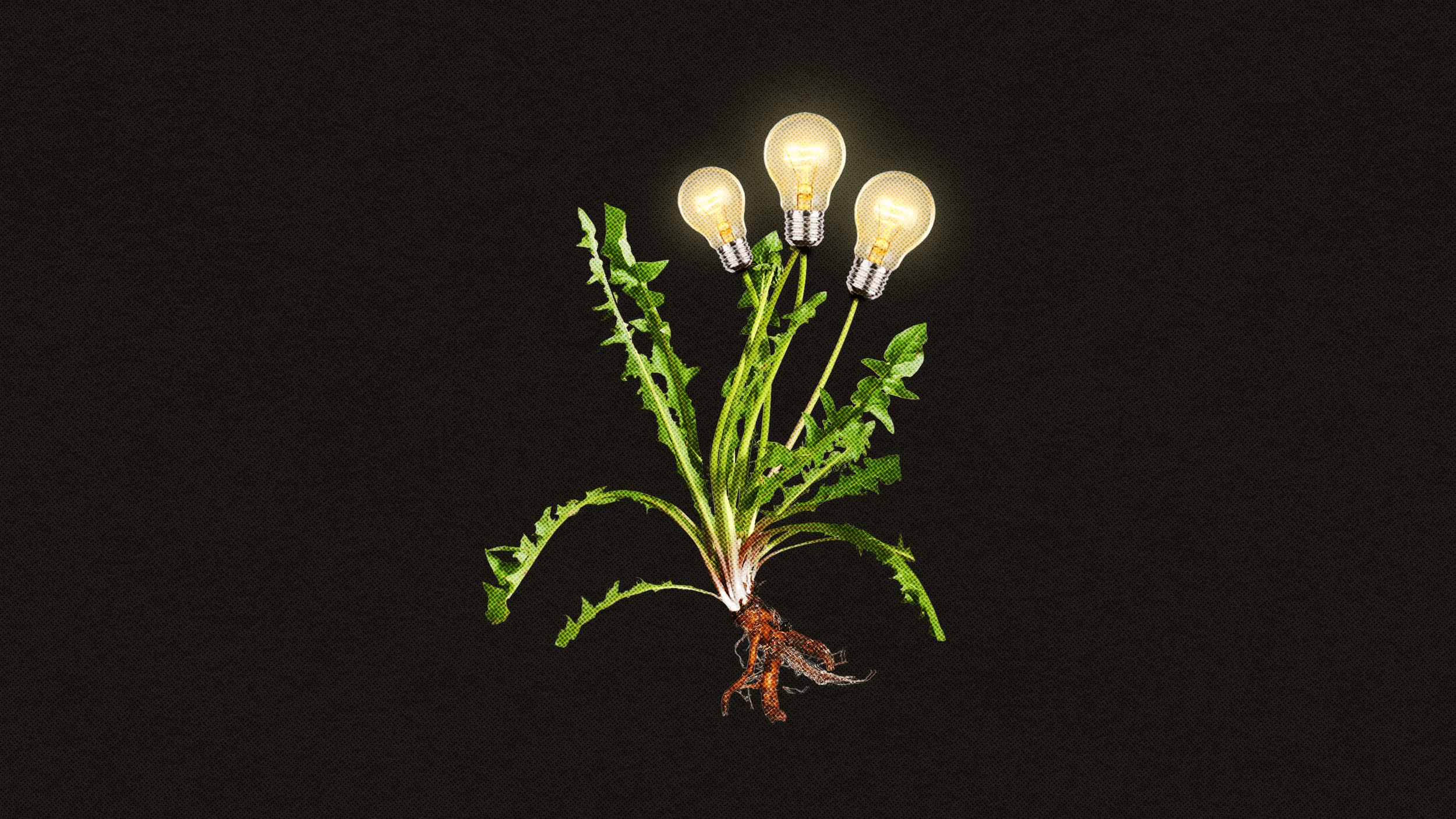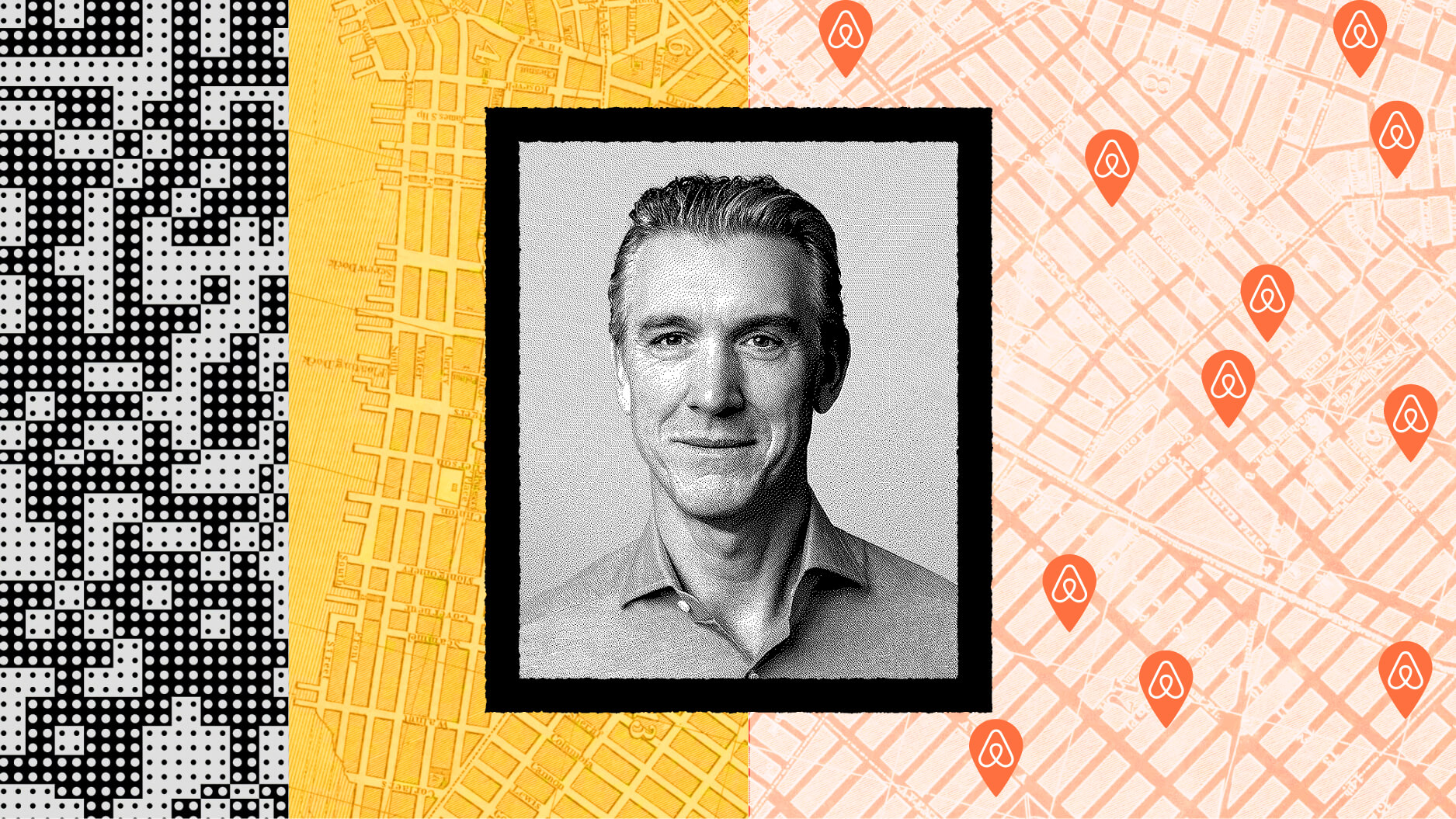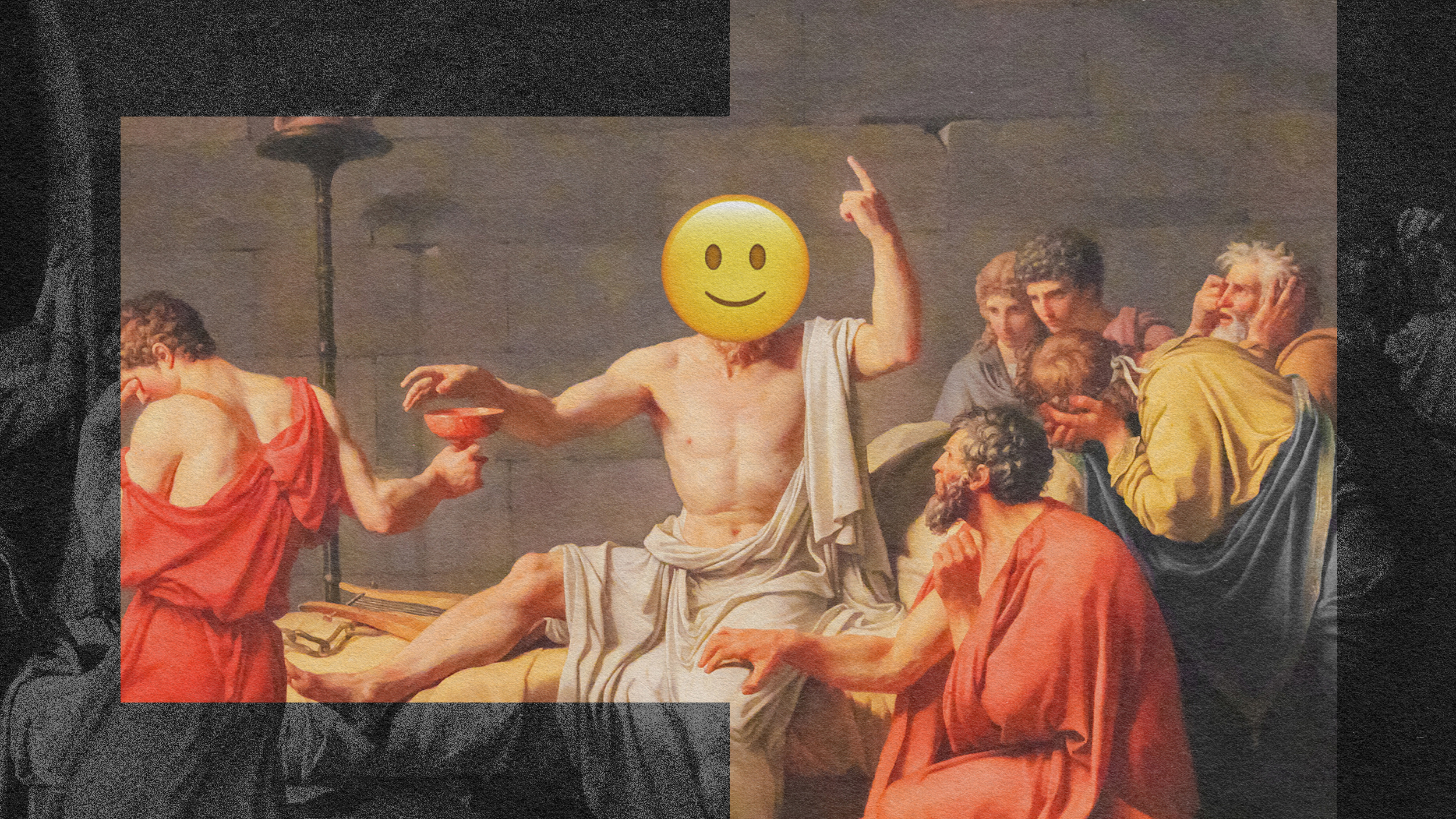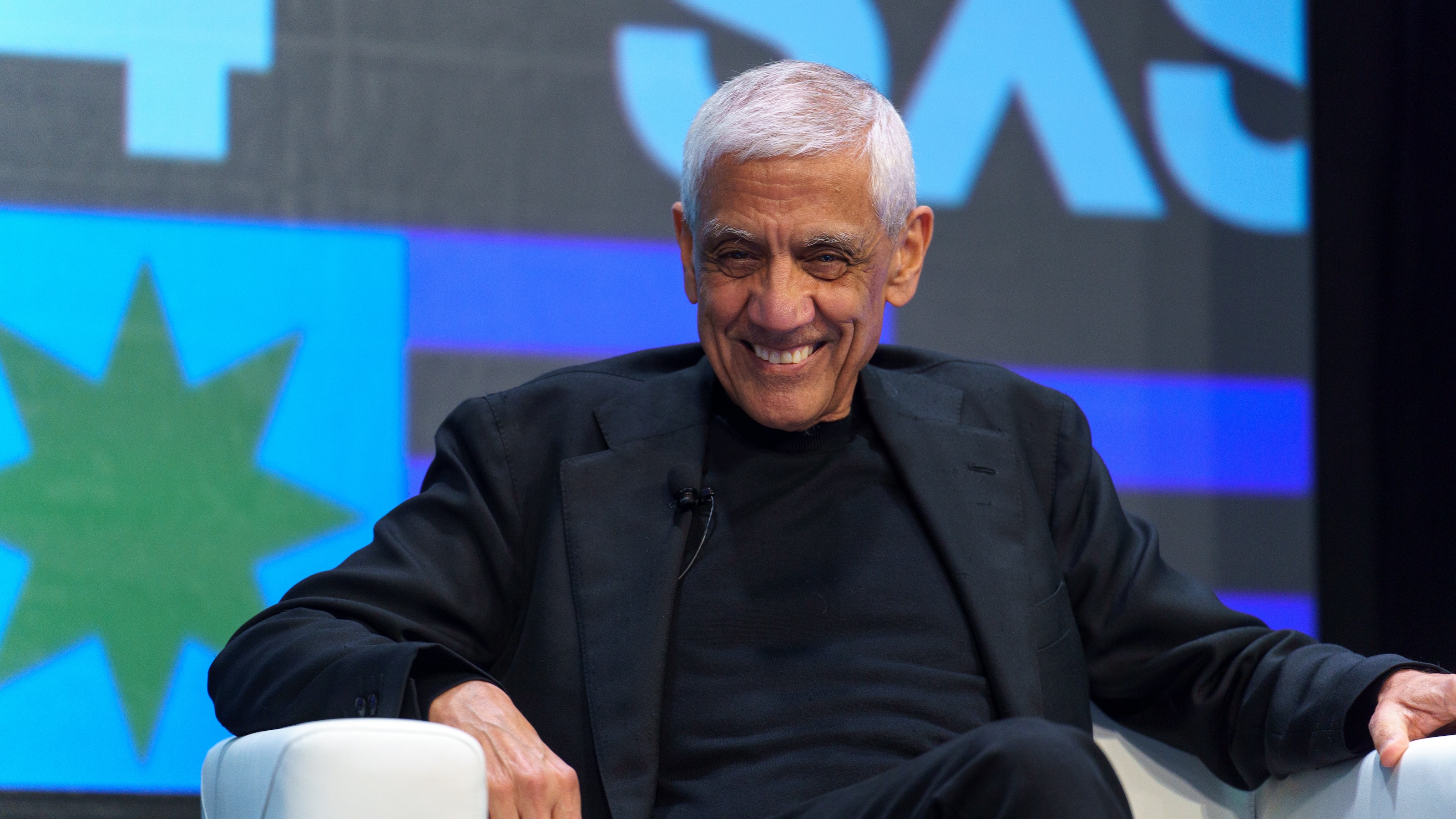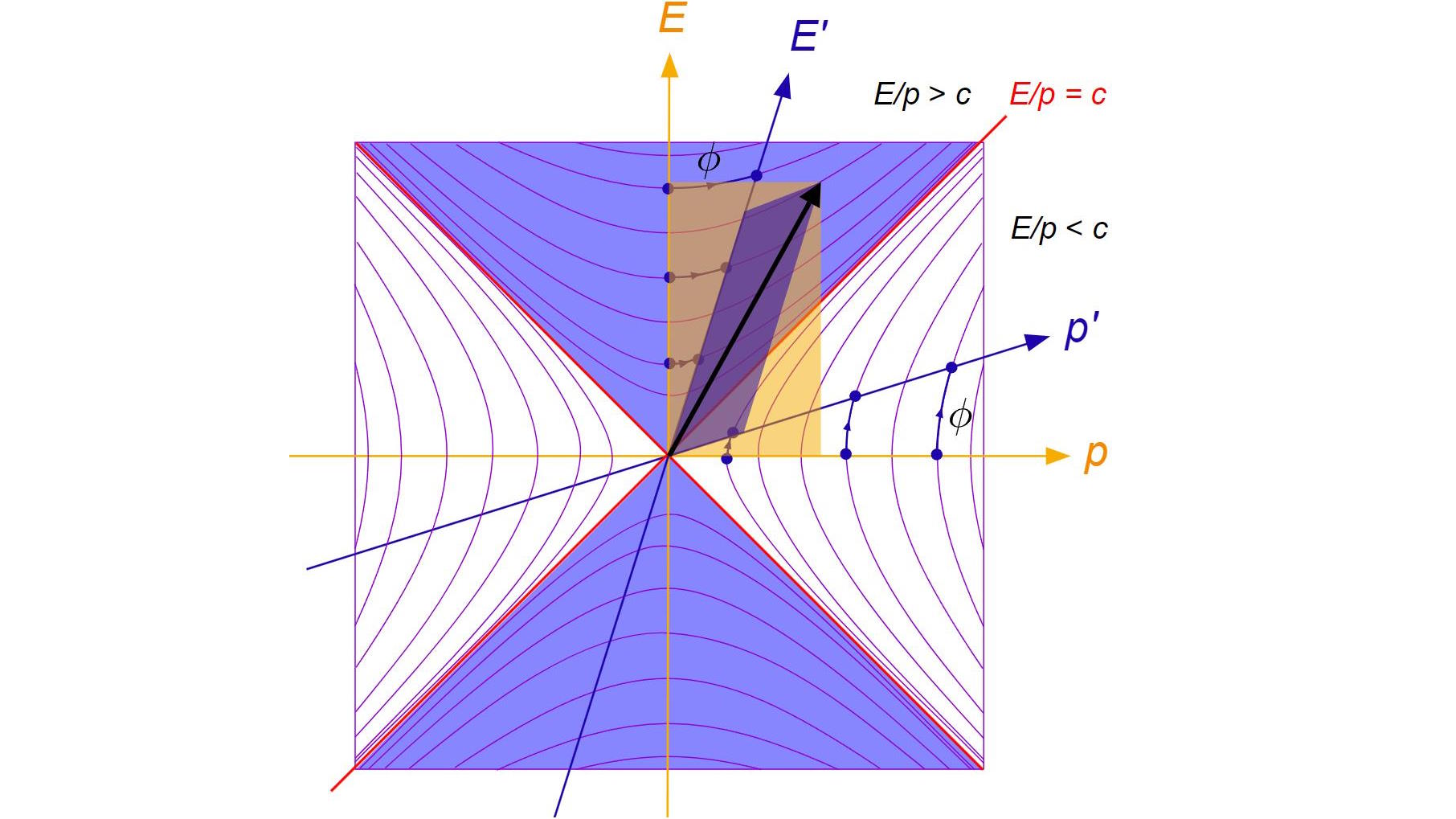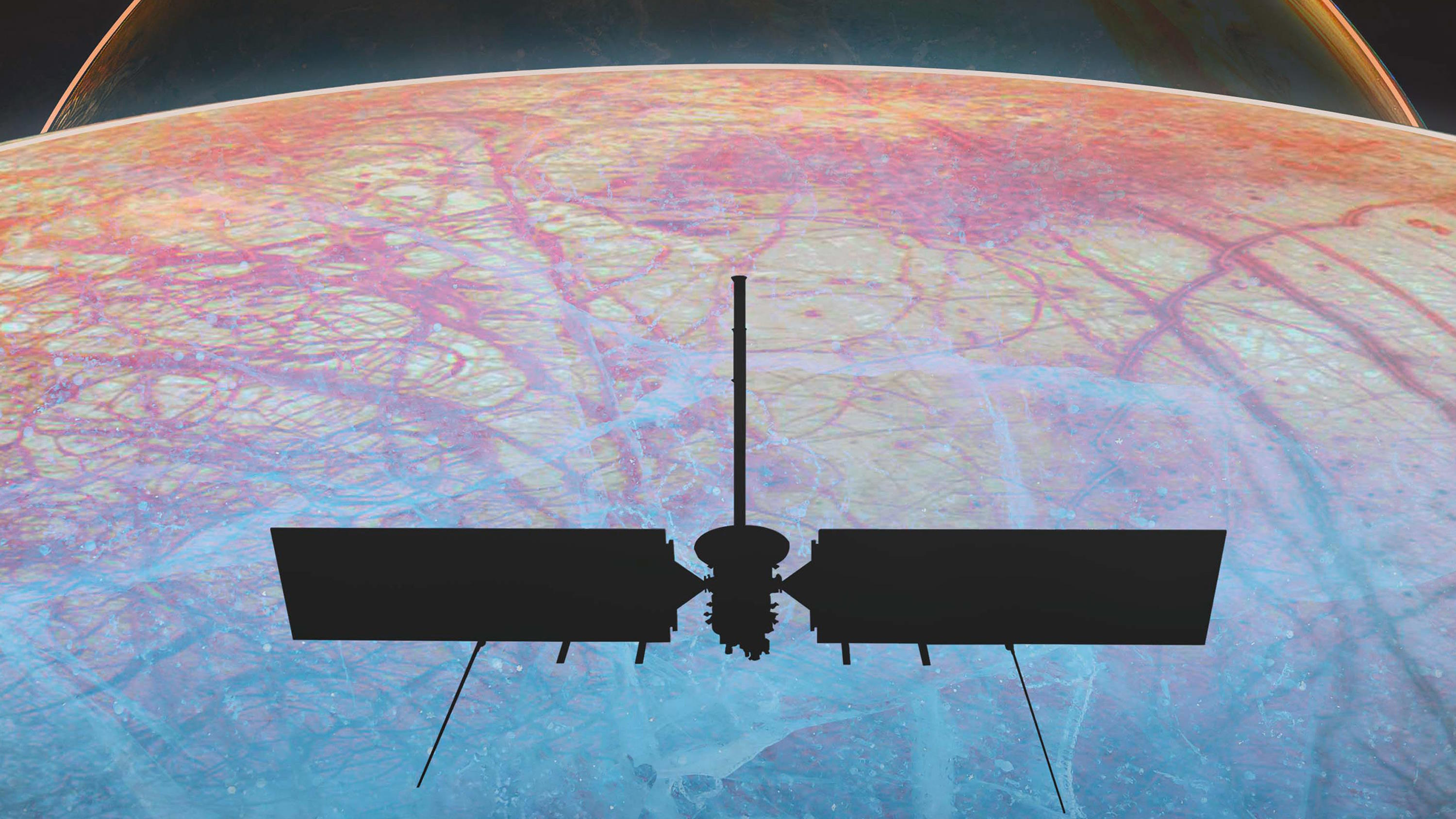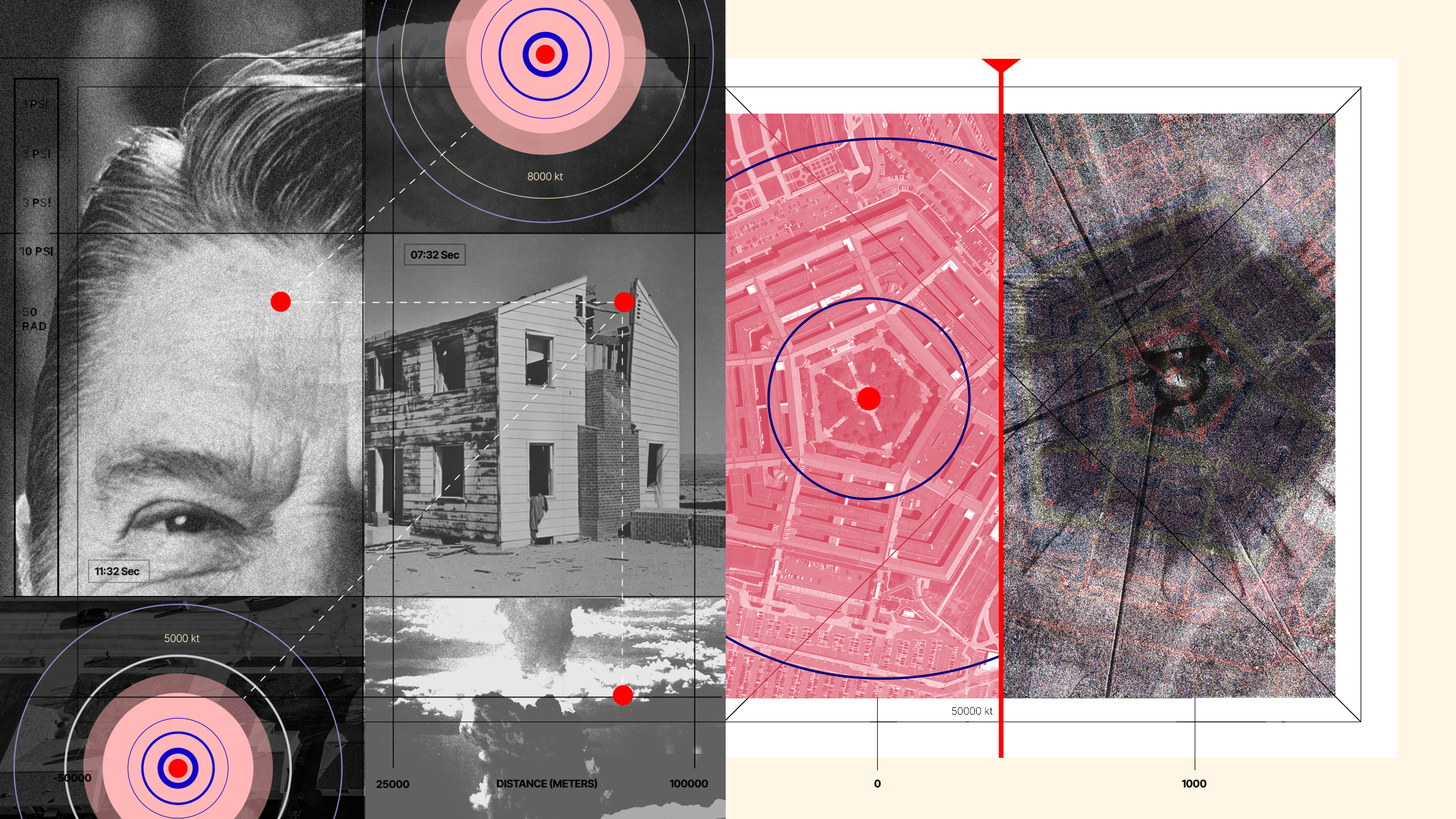The best autonomous car may be one you don’t even need to own.
Reading this article would be such a millennial thing to do.
Almost everyone asserts that the Big Bang was the beginning of everything, followed by inflation. Has everyone gotten the order wrong?
From tribal hunts to Stonehenge and into the modern day, the peer instinct helps humans coordinate their efforts and learning.
Welcome to The Nightcrawler — a weekly newsletter from Eric Markowitz covering tech, innovation, and long-term thinking.
Many mavericks look to Einstein as a unique figure, whose lone genius revolutionized the Universe. The big problem? It isn’t true.
The controversial theory about magic mushrooms and human evolution gets a much-needed update.
The late philosopher suggested adding a couple of “Occam’s heuristics” to your critical thinking toolbox.
Beyond stars, galaxies, and gravity, studying the fundamental workings of nature reveals widely applicable lessons for learners everywhere.
“I am free. It’s a lot of effort to be free from the prison that is in your mind, and the key is in your pocket.” – Edith Eva Eger
Businesses are realizing that rapid disruption without stability can lead to long-term failure. A new era of thoughtful, sustainable growth is emerging.
If “founder mode” runs its course, CEOs should cultivate a new skillset rooted in the authenticity of self-awareness.
More than two years after JWST began science operations, our Universe now looks very different. Here are its biggest science contributions.
Studying why innovation clusters form can shed light on how to better promote research and growth.
Airbnb’s CBO, Dave Stephenson, joins Big Think for a chat about elite-team leadership, “founder mode,” the Taylor Swift effect, and more.
What are dark matter and dark energy? The large-scale structure of the cosmos encodes them both, with ESA’s Euclid mission leading the way.
“The promise of the Human Genome Project has finally arrived.”
Differences in certain avian and mammalian proteins explain why avian influenza doesn’t (typically) infect humans.
Would you be upset if I called you an eggplant?
Don’t make the mistake of blindly following quantitative metrics — whether you’re helping clients or looking for lunch.
The most common visual depictions of the history of the Universe show the Big Bang as a growing tube with an “ignition” point. Why is that?
Great tidal ranges are relatively rare on a global scale — and can be very deadly to the unsuspecting foreshore walker.
Welcome to The Nightcrawler — a weekly newsletter from Eric Markowitz covering tech, innovation, and long-term thinking.
The fabric of spacetime is four-dimensional, with three for space and only one for time. But wow, time sure is different from space!
“Amid the chaos, he remembered his life being eerily calm as he knew it wasn’t if, but when they would be hacked to pieces. He just kept kicking.”
Semyon Dukach — founding partner of VC firm One Way Ventures — adds balance to the founder mode debate.
Could life be widespread throughout the cosmos, in the subsurface oceans of ice-covered worlds? NASA’s Europa Clipper mission investigates.
“The primary way that people make friends is through institutions.”
An in-depth interview with astronomer Kelsey Johnson, whose new book, Into the Unknown, explores what remains unknown about the Universe.
“We are not our grandparents. It’s time to start thinking differently,” journalist Annie Jacobsen told Big Think.
